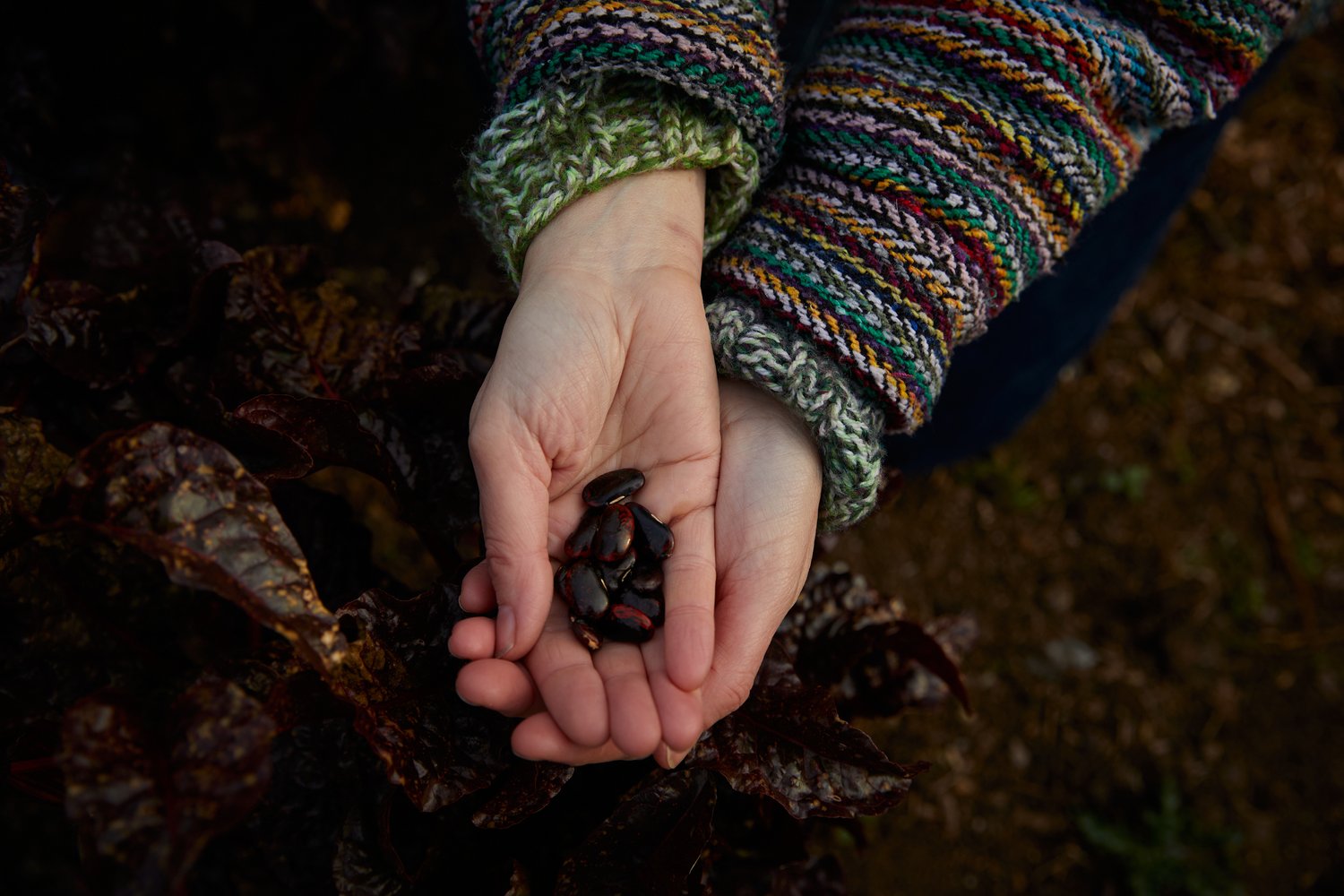
Madeleine Hahne wins a Social Impact Award from Cambridge's Vice-Chancellor for her work on climate change
These optimistic, though realistic, visions are antidotes to doomscrolling. Through following us, you can find exactly where you fit in climate action and jump into the fight.
Madeleine Hahne and Zoe Salt
A Gates Cambridge Scholar has won a Cambridge Vice-Chancellor Social Impact Award for her work on climate change action.
Madeleine Hahne [2020], who is doing a PhD in Geography onhow conservative religionists view climate change, co-founded Visions of Soon last year with photographer Zoe Salt after they decided to do something to support climate activism but found themselves up against an increasingly despondent audience. Determined to change this, Visions of Soon was built to challenge the way people engage with climate action, rehabilitate their relationship with online climate activism and nurture hope.
Its two founding principles are to bring hope, tempered by pragmatism and made precise by vision and to encourage action.
The organisation shares interviews about the climate change activism of everyone from politicians and scientists to artists, homemakers, mechanics and farmers. Madeleine, an honorary Woolf Institute Scholar, and Zoe say: “These optimistic, though realistic, visions are antidotes to doomscrolling. Through following us, you can find exactly where you fit in climate action and jump into the fight.”
It is now expanding its work to help those who want to take climate action match with the right climate opportunity near them. Madeleine says: “It’s a bold new step that can genuinely revolutionise climate action throughout Britain.”
The Vice-Chancellor’s Social Impact Awards are presented every year to students who show exceptional achievement and commitment to positive social change.
This year’s winners were presented on 3rd May with a certificate of achievement at an official ceremony by the Vice-Chancellor, offered tailored support to develop their social action skills from the Cambridge Hub and given the opportunity to be fast-tracked to the interview stage of the Worthwhile third-sector graduate scheme.
At the ceremony, the Vice-Chancellor, Dr Anthony Freeling, said: “It is truly inspiring to witness the innovative and creative ways in which our students have worked tirelessly for social and climate justice, promoted equal opportunities and access to education, addressed mental health issues and loneliness, and championed the protection of the natural world. I am proud of all the brilliant students at the University of Cambridge who have used their talents, kindness, and compassion to support good causes and improve our communities. Your tireless efforts in making a positive impact have not gone unnoticed. Your work has brought hope, inspiration, and positivity to our communities, and I am incredibly grateful for all that you have accomplished.”
Madeleine has also worked for the National Democratic Institute where she helped run an International Electoral Observation Mission in Beirut, Lebanon and trained Kurdish parliamentary candidates in Dohuk, Iraq. She is a former Obama White House Intern.
*Read Madeleine’s blog on how Covid turned ex-pat workers in UAE into de facto slaves as wages were stopped.












